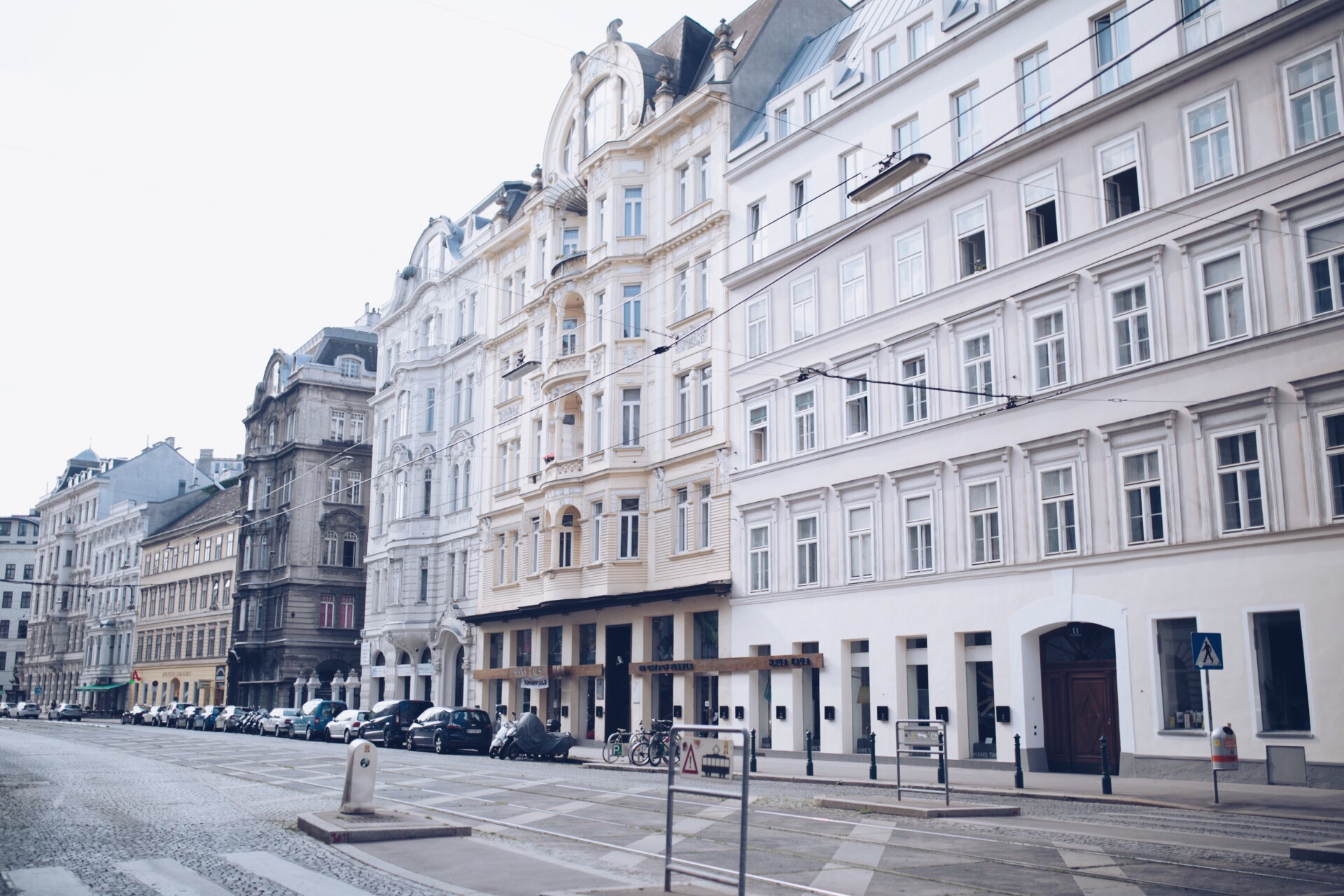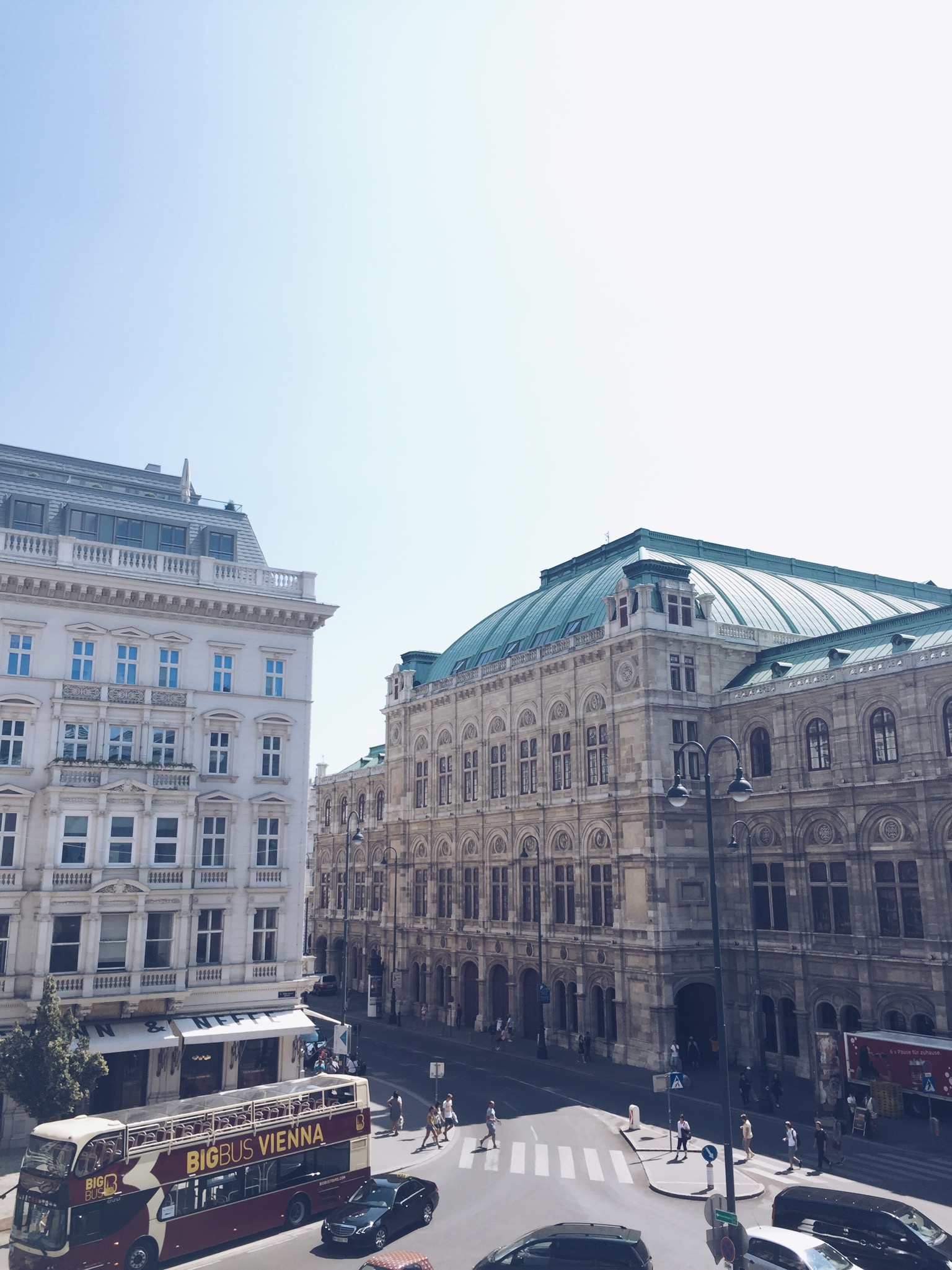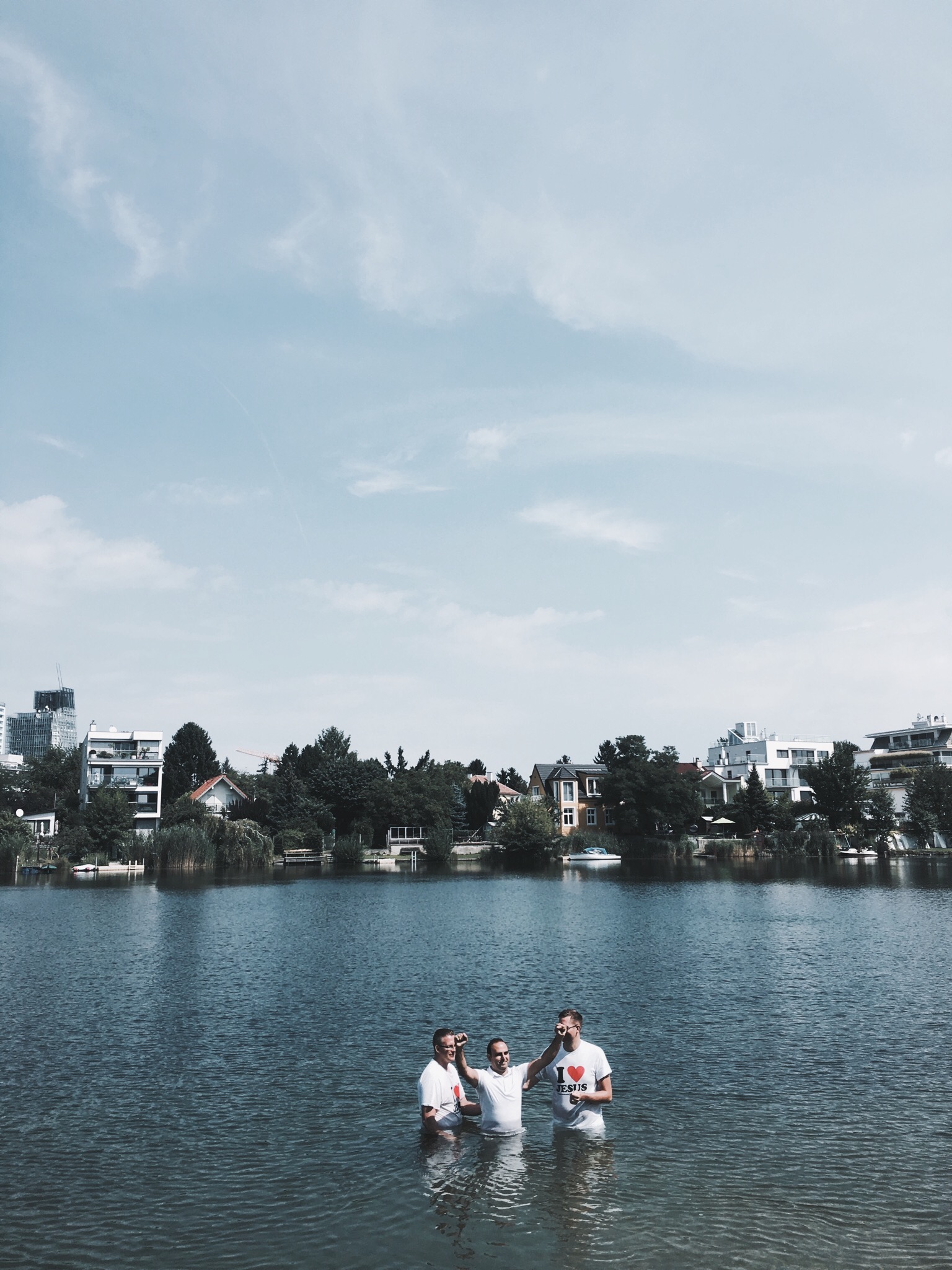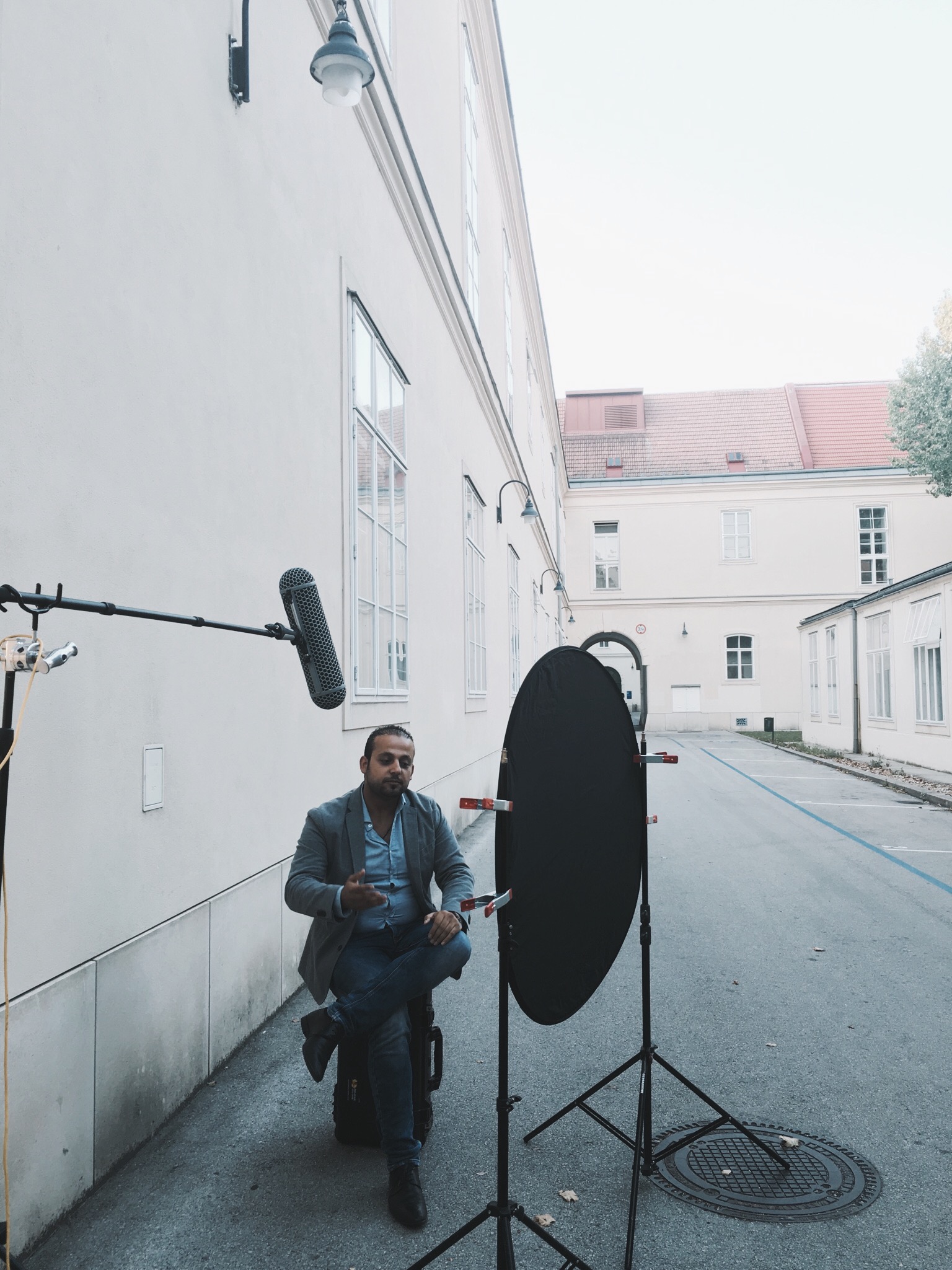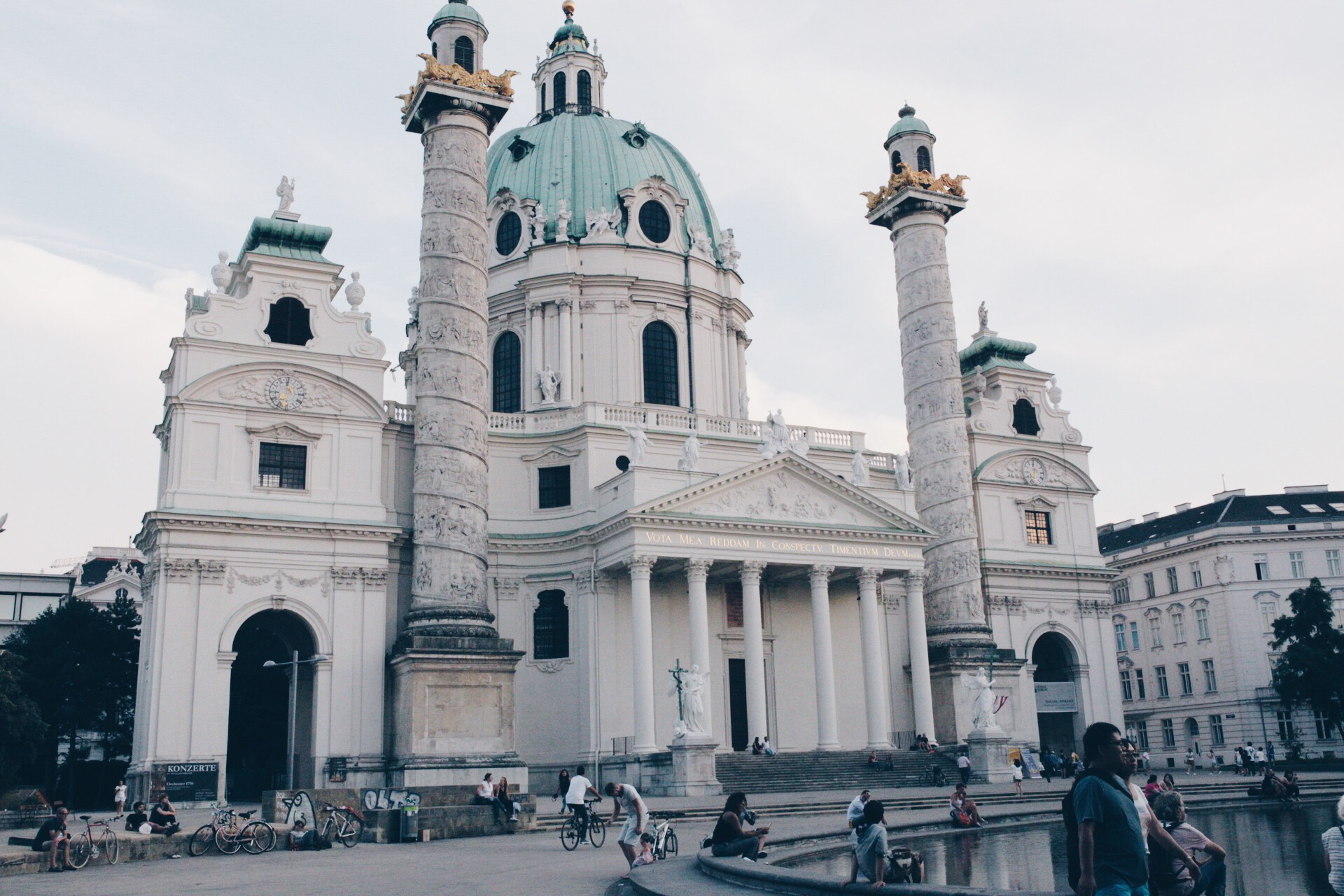As We Wait
Article originally published in Issue 07 of The Meta
During the early stages of planning “As We Wait,” a documentary that explores the complexities of the refugee crisis, I was not fully prepared for what I was about to experience.
None of us were.
Media has a way of grabbing our attention with its flashy headlines, moving stories and piercing words. Coverage of the refugee crisis had similar sentiments. Yet, the headlines are never enough to fully grasp the reality of one of the most severe crises plaguing our world today. No words can fully capture the stories that lie behind every person affected by one of the most complex, global issues.
That’s the fear that haunted all of us involved with this project: How do we tell the story of one of the most complicated topics in the world today? How do we clearly articulate a situation that carries so much weight?
There appears to be two sides of the refugee crisis – those who are for taking in refugees, and those who are against taking in refugees.
It’s difficult to empathize with situations such as these until they are right in front of you. For me, it became real when I was sitting in a refugee camp hearing first-hand the heartbreaking stories of those who had fled lives they never wanted to leave. This was probably one of the toughest realities to face – that there are men and women, husbands and wives, sons and daughters, students and professionals who had lives like you and I but left behind everything they knew, because that seemed the only logical solution. They literally had nowhere else to turn.
Hearing these stories changes you.
After hearing them, it seems like the only reasonable solution is to help these people in desperate need. After talking to others in the midst of the crisis, however, it became more apparent that telling people to simply embrace refugees overlooks the difficulties and the fears that still arise within the crisis. From economic unrest to increased social tensions due to recent terrorist attacks, it’s also easy to see how helping refugees can appear an unnecessary risk to our countries.
We hope that those who watch “As We Wait” will be reminded that solutions aren’t always simple; issues aren’t always black and white, but that doesn’t mean we choose to ignore them.
I am stuck waiting in this paradox that exists in “As We Wait.” I am waiting to follow the lead of our politicians, religious leaders and others with global influence to provide guidance with this complex issue.
But what if the solution wasn’t meant to come from there? Maybe the solution for some of the toughest issues in our world were meant to come from conversations we generate in our classrooms, workplaces and neighborhoods.
That is our hope with this film, anyway – that you would leave unsettled and asking what you can do to be a part of the bigger discussion.
We live in a world where media is accessible more than ever and we have numerous voices influencing us. That does not mean these voices are always right. So we must stay informed, ask questions and seek solutions.
Let us not ignore urgent human imperatives. Let us not neglect helping those in immediate need. It is during times like these that our actions set the precedence. Let’s come together to respond purposefully to issues that don’t have easy solutions.
To learn more about “As We Wait,” visit www.seu.edu/aswewait.
***Below are photos from my trip to Austria this past August while working on set for "As We Wait"

